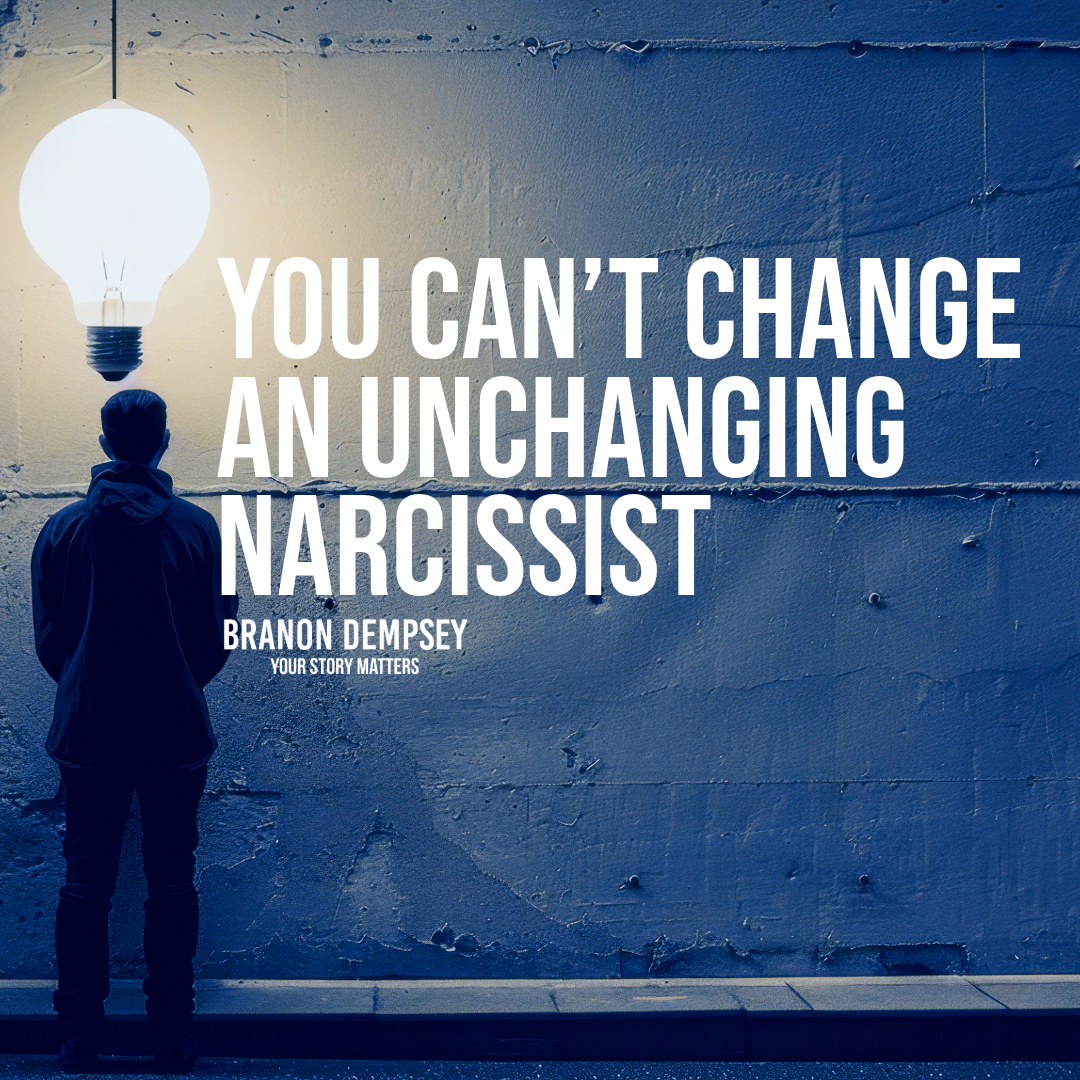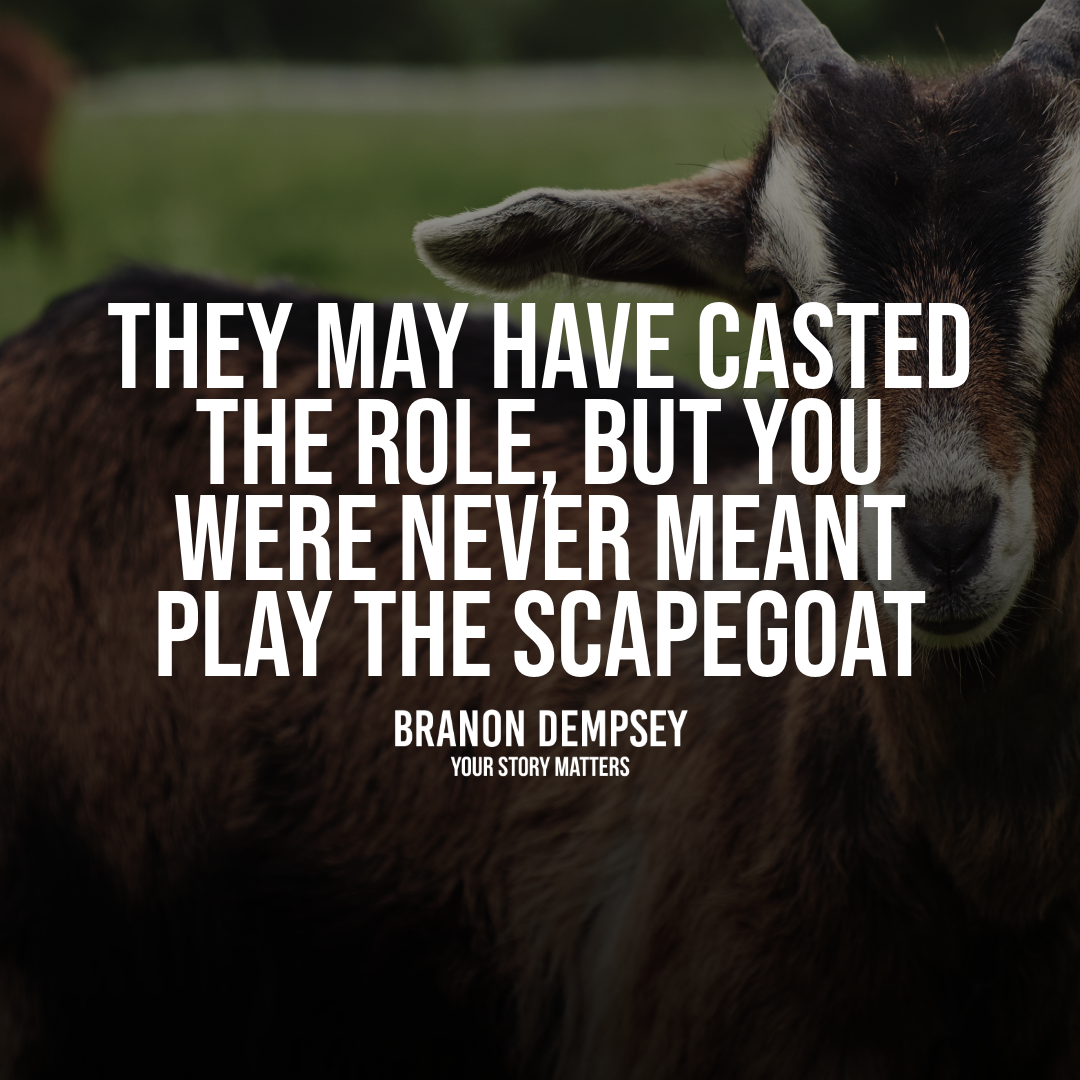This is a subtitle for your new post

If you've ever been/felt silenced by a parent who prioritized their image over your well-being. You’re not alone. They likely made you believe that expressing your feelings was wrong and that your pain was a burden.
It’s heartbreaking to think that your voice, needs, and emotions might have been seen as sources of discomfort for them. Personally, I was told that my emotions and my needs were inconvenient.
For survivors of abuse—whether physical, emotional, or spiritual—the silence imposed on you wasn’t just intolerable; it was subtle or forced that posed serious doubts, lies, and risks that threw you into survival mode. Not to mention, how this affects your emotional safety into adulthood.
You may have been conditioned to hide your truth, to downplay your hurt, and to doubt your own feelings. Many were taught not to trust their instincts, to hold back their tears, to suppress their needs, and ultimately, to deny their very essence. what I’ve learned is that bearing the pain does not make the feelings and memories go away. All they do is further complicate them when you try to unearth the past.
Silence doesn’t simply vanish with childhood; it lingers, shaping who you are. Can you relate to any of this?
Do you find yourself shrinking in spaces that should feel safe? Do you apologize frequently, even when you’re in the right? Do you grapple with the feeling that your presence might be too overwhelming, or perhaps never enough?
If this resonates, Then your silence was on purpose, but you are not alone in this fight.
My Story (And Maybe Yours Too)
I understand the burden of walking on eggshells, the overwhelming need to stay small in order to keep the peace. I learned early on that speaking out could lead to backlash, and honesty often resulted in punishment. So, I plunged everything deep within—my fear, my anger, and even my joy.
It took me years to come to terms with the reality that silence wasn’t a form of protection; it was a way to suppress my true self. The toll it took was my ability to express my voice. To tell my story.
Perhaps you relate. Your experiences may differ, but the feelings often echo the same. That heavy tension, the constant second-guessing, and the deep ache of feeling unheard are all too real.
Here’s the heartfelt truth:
That silence didn’t just take your voice away; it shaped your perception of yourself. It instilled doubt about your reality, encouraged you to push aside your feelings, and made you erase your story before anyone had the chance to challenge it. but the real answer is that no one can take your story away.
The pain belongs to you. The betrayal, the heartache and the disgust. But this doesn’t mean this is your forever existence. in fact, this is your breakthrough to reclaim your story and who you really are. And not who they said you were, but who healing says you are.
So what if you could begin to reclaim your narrative?
What if the journey of healing begins not with trying to fix everything at once but with sharing one small truth at a time?
What if the most courageous step you could take was to stop hiding the story that others wished you would forget?
Let’s Take a Moment to Reflect:
- When was the first time you felt you had to stay quiet?
- Which parts of your story still feel “off-limits” to voice?
- How would your life change if you allowed yourself to be fully seen?
- Even by just one safe person?
You deserve to be heard. Even if your voice quivers in the process. Even if it takes time and courage. Even if not everyone believes or understands your experiences.
You are not too much, and you were never not enough. Your voice has never been the issue. It is, in fact, vital to your healing process.
Your truth matters more than you might realize. It’s how you take back your life, and it truly does make a difference.
You didn’t make up the silence. Neither the emptiness you felt. You didn’t imagine the pain. And your longing to be known is not being over-sensitive — it’s a sign that the deepest part of you is still alive.
Conclusion:
Your silence may not have mattered to them, but it certainly matters to you. They may have ignored your pain, denied your truth, or dismissed your tears, but that does not diminish the significance of your story.
It absolutely matters.
Every moment you survived.
Every feeling you buried.
Every truth you're just beginning to voice—
It all holds weight.
They may have tried to silence you, but healing is about reclaiming your voice. It’s about embracing the story you were denied the chance to tell.
Your voice is powerful.
Your story carries immense weight.
And even if they chose not to listen, you can—and that is what transforms everything.
So what if you stopped hiding the story they told you to forget?
@BranonDempsey
✅ Does this content resonate with you? Your Story Matters may be the right page for you to like, share and follow!
#YourStoryMatters #NarcissisticAbuseRecovery #TraumaHealing #TellTheTruth #GaslightingAwareness #BranonDempseyWrites
Articles That Matter

Accountability. It’s a simple word, but for narcissists, it might as well be a foreign language. The act of admitting harm, taking responsibility, and making amends requires vulnerability, something narcissism instinctively resists. Yet true accountability is the foundation of every healthy relationship. Without it, trust disintegrates, connection erodes, and the people who long to be loved are left carrying the weight of someone else’s choices. At its core, accountability demands one thing: the courage to face the truth. This truth often isn’t flattering. It involves acknowledging that our words and actions have hurt others—especially those we claim to care about. For narcissists, this admission feels intolerable because it threatens the carefully curated image they’ve worked so hard to project. It takes an enormous amount of courage to let go of the hope that a narcissist will change, especially when you care deeply for them. But letting go doesn’t mean you’re giving up—it means you’re choosing to release the hold they have on your emotional well-being. The Blame-Shifting Pattern When confronted with their harmful behavior, narcissists often default to a predictable pattern: 1. Deflection: They point the finger elsewhere. “I only said that because you made me angry,” or “You’re too sensitive.” 2. Minimization: They downplay the harm. “It’s not that big of a deal,” or “You’re overreacting.” 3. Projection: They turn the blame back on the person they’ve hurt. “If you hadn’t done ‘X-Y-Z' I wouldn’t have reacted that way.” These tactics serve one purpose: self-preservation. By avoiding the weight of accountability, the narcissist protects their fragile ego at the expense of the relationship. When They Won’t Change: Navigating Life with an Unchanging Narcissist What happens when that change never comes? What do you do when you’re faced with a narcissist who is unwilling—or perhaps incapable—of doing the work? It’s a heartbreaking reality to face, but it’s one we can navigate with courage, clarity, and compassion—for ourselves. 1. Stop Waiting for the Apology That May Never Come One of the hardest truths to accept is that you may never get the closure you’re looking for from a narcissist. They may never say, “I’m sorry,” or own the harm they’ve caused. Narcissists often avoid accountability at all costs because it threatens their carefully constructed sense of self. What You Can Do: • Create your own closure. Write down what you wish they would say to you. Let yourself grieve the apology that never comes, and remind yourself that their refusal to acknowledge the truth doesn’t invalidate your experience. • Practice self-compassion. Remind yourself that their inability to apologize is not a reflection of your worth but of their own limitations. 2. Set Boundaries and Hold Them Firmly Narcissists thrive in environments without boundaries. They test limits, push past “no,” and manipulate situations to maintain control. The most powerful tool you have in these situations is your ability to set and enforce boundaries. • Be clear and concise. When setting boundaries, less is more. For example: “I’m not comfortable discussing this right now,” or “I need space when you raise your voice.” • Enforce consequences. Boundaries without consequences are just suggestions. If your boundary is crossed, follow through on what you said you would do—whether that’s leaving the room, ending a conversation, or limiting contact. • Prioritize self-care. Setting boundaries with a narcissist can be emotionally draining. Give yourself permission to rest and recharge. 3. Stop Trying to Fix or Save Them Narcissists are skilled at pulling others into the role of caretaker or rescuer. They may play the victim, make promises of change, or draw you into their chaos. But the truth is, you cannot fix or heal someone who refuses to do the work themselves. What You Can Do: • Shift your focus inward. Instead of pouring your energy into “helping” them, channel it into your own growth and healing. • Release the guilt. It’s not your job to save them, and it’s not your fault they refuse to change. You are responsible for your own well-being, not theirs. 4. Manage Your Expectations A narcissist who is unwilling to change will continue to deflect blame, minimize harm, and avoid accountability. Expecting them to suddenly develop self-awareness or empathy will only lead to disappointment. What You Can Do: • Recognize patterns. Pay attention to the behaviors they consistently display. Use these patterns to inform your decisions about how to engage—or not engage—with them. • Adjust your expectations. Instead of hoping for a drastic transformation, focus on protecting your peace and managing interactions in a way that prioritizes your well-being. 5. Choose Yourself At the end of the day, you cannot control whether a narcissist changes. The only thing you can control is how you respond. Choosing yourself doesn’t mean you don’t care about them—it means you care about your own mental, emotional, and physical health enough to stop sacrificing it for someone unwilling to meet you halfway. What You Can Do: • Consider limiting contact. If the relationship is toxic and causing significant harm, it may be necessary to step back or even cut ties. • Lean on your support system. Surround yourself with people who validate your feelings, remind you of your worth, and encourage your healing. • Invest in your healing. Therapy, journaling, support groups, or even creative outlets can help you process your experience and move forward. The Courage to Step Forward Remember, you are not defined by how a narcissist treats you. Their unwillingness to change is not a reflection of your value, your worth, or your ability to love. The work of navigating life with an unchanging narcissist isn’t easy, but it’s possible. And on the other side of that work is a freedom they could never give you, but one you can give yourself. You deserve relationships that are rooted in mutual respect, empathy, and accountability —you are worth it.

